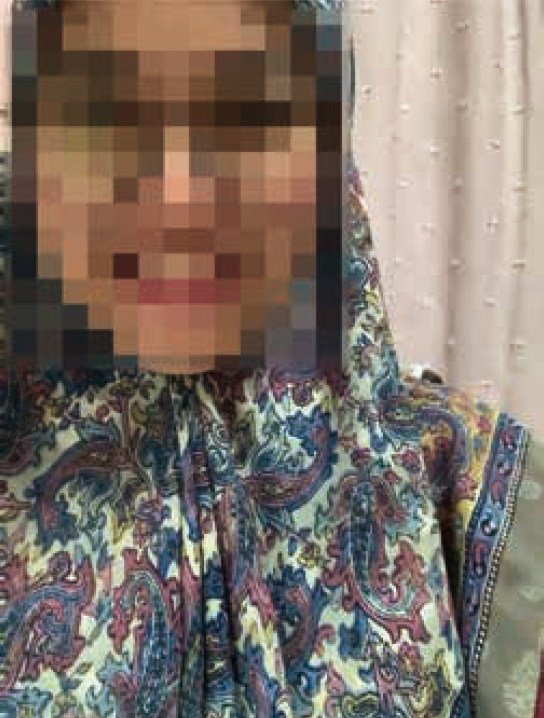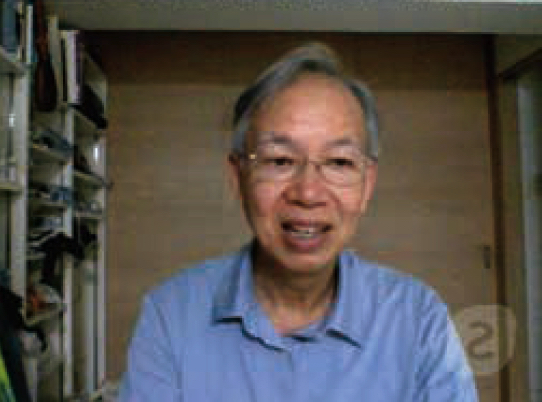Ohno Shun (Professor, Department of Global Citizenship Studies, Seisen University; Affiliated Professor, Center for Southeast Asian Studies (CSEAS), Kyoto University; Adjunct Professor, Office of Public Health Studies, University of Hawai’i at Manoa)
In 2020, I received my very first and last sabbatical from my institution, Seisen University. However, just before it was to commence, a new type of coronavirus began to spread. Subsequently, a pandemic was declared by the World Health Organization (WHO) simultaneously closing borders around the world. I had been planning to conduct research abroad to think about the state of a multi-ethnic societies, but my plans were completely frustrated.
As such, for the time being, I had no choice but to stay in Japan and conduct research. Yet what would be the research theme? One serious problem caused by the pandemic has been the collapse of medical and nursing care in many countries around the world. In one joint research project “International Sociological Studies on the Labor Market Openings in the Nursing and Health Care Fields in Japan,” which I launched in 2007, when I was affiliated to Kyushu University as a professor, I interviewed many Southeast Asian nurses and care workers in Japan and abroad. The prolonged coronavirus made their daily lives a matter of my concern.
Shortly before a state of emergency was declared in Japan, I went to Kyoto to consult with my research colleague Dr. Mario Lopez, associate professor at the Center for Southeast Asian Area Studies (CSEAS), Kyoto University. At that time, I learnt that the International Platform for Collaborative Research (IPCR) in Southeast Asia was open to applications. After consulting with him, I asked four other research colleagues to apply under a research proposal titled “Transformation of Caring Sense and Practices as a Result of the Global Spread of COVID-19 Infection: A Focus on Foreign Nurses and Care Workers Residing in Japan.” As it was a timely issue, the proposal was chosen as a IPCR Type IV research project.
As expected, access to medical and care facilities, where the prevention of infection has been an overriding priority, become extremely difficult. Even facilities that were willing to accept our research visits in the past became completely closed to outsiders. From June onwards, when infections became relatively contained, some facilities and human resource training companies accepted our visits on the understanding we adhere to social distancing. These were those with which we had a long association with management and staff. Without mutual understanding and trust, we realized, time and time again, how difficult it is to conduct face-to-face research under a pandemic, especially at the initial stage of making appointments for interviews.
Online interviews were convenient because they provided us with narratives from remote areas of the country as well as from informants living abroad, as long as they were willing to do so. However, at the same time, limited on-site interviews made me think about the breadth and depth of the data that can be obtained. At times, we were able to interview more people than I expected. Conversations were lively and emotional and what were supposed to be hour-long interviews sometimes stretched to two or three hours. Perhaps this was because we hadn’t met in a long time, but some of the foreign nursing and care staff were willing to talk frankly with us across partitions and share their many stories.
COVID-19 has been very persistent. Japan was hit by a “third wave” in the latter half of November, and it continues to break the record number for new infections. With the future outlook uncertain, our research must continue to grope around in the dark.
 The author conducting a Skype interview with a foreign nursing staff. |

|
